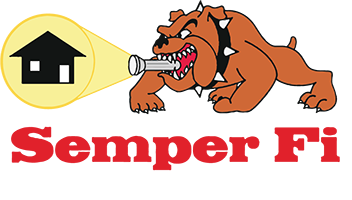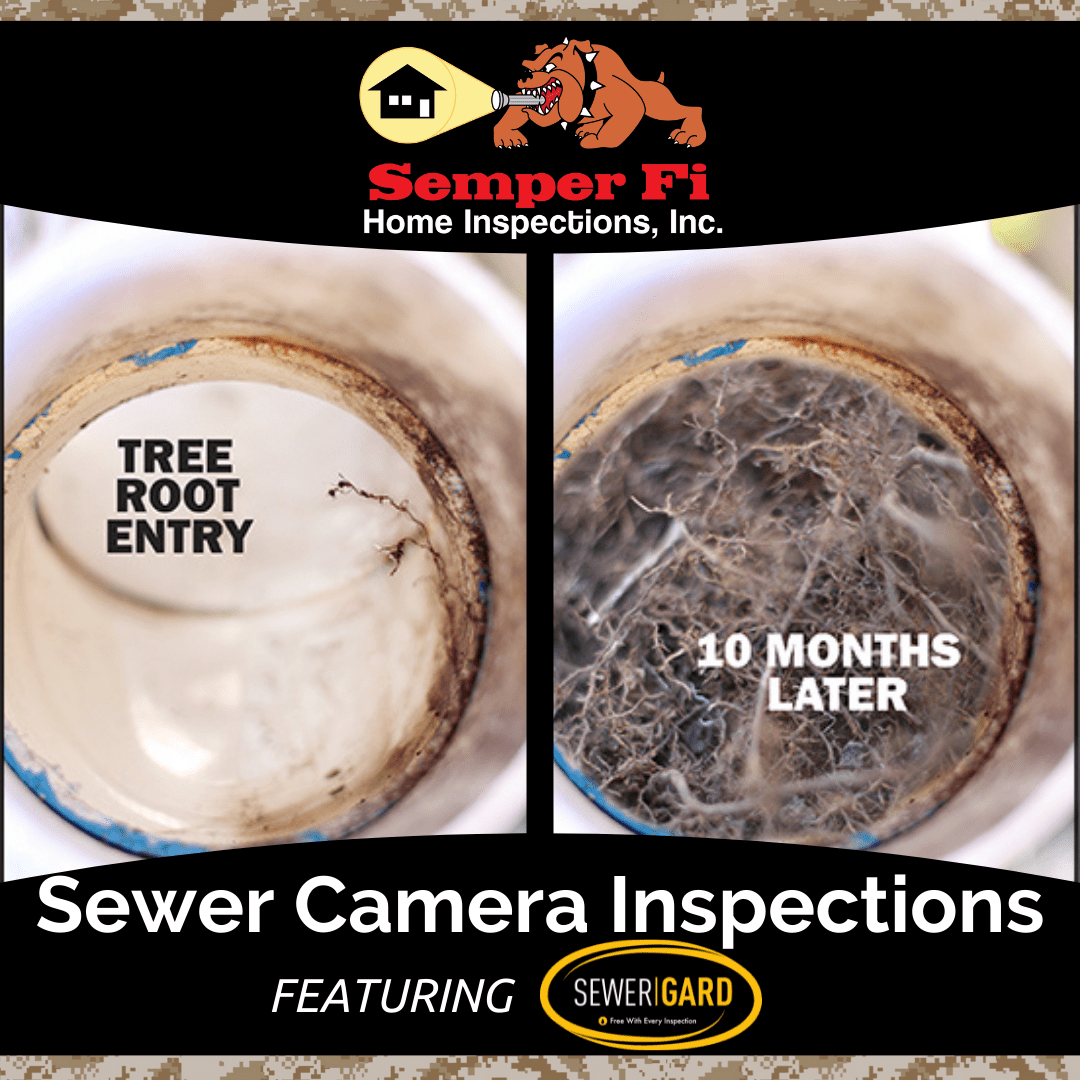It’s no secret that sewer pipes are designed to carry away wastewater, but did you know they also transport clean water?
Most sewer pipes are constructed with a small diameter and large surface area, which allows them to trap the solids in wastewater. The solids then settle at the bottom of the sewer pipe along with any heavy materials like sand or gravel. Clean water flows over these particles due to gravity before moving on through the sewer pipe network.
The most common signs of a problem with your sewer pipes include: sewage backup in your home, dirty water in the toilet bowl, wastewater backing up into sinks and bathtubs, and sewage smells in your home.
1. What sewer pipes do
Sewer services are usually contracted by municipalities, who provide sewer pipe repair and sewer replacement. Most sewer service professionals will be able to fulfill the sewer inspections needs of your sewer pipes. They can perform sewer inspections on sewer lines that are already in place or sewer line extensions for new home construction
Sewer inspections are a crucial part of any new construction project, as they will ensure that the home is properly hooked up to the city wastewater system. Sewer inspections can also take place at existing homes and businesses. The purpose of a sewer inspection is to identify sewer problems and sewer maintenance issues, as sewer lines are not always visible to the naked eye. s
Leaks in a home’s sewer pipes can cause water damage on the flooring around drain locations, which makes it important for homeowners to seek immediate repair if they notice any signs of leakage or sewer backup.
Sewer maintenance is often required in order to avoid significant damage to wastewater piping systems. Sewers are subject to corrosion, ground movement, tree root infiltration, and other forms of deterioration over time. Exterior sewer lines can also be damaged when they come in contact with sewer equipment such as sewer valves or covers.
When such damage occurs, it is important to bring in a professional for an inspection and possible repair. Failure to do so can cause leakage of wastewater into the home, which can result in health concerns and additional expenses on the homeowner’s part.
2. Signs of a problem with sewer pipes
There are a few sewer pipe problems that homeowners may encounter during sewer pipe inspections. One of the most common sewer pipe signs of a problem is sewage backing up into your home, toilet, sink or bathtub. Sewage backup is also characterized by dirty water in your toilet bowl and sewer smells in your home. Lastly, sewer pipes can leak because of cracks or other defects.
This is characterized by wet spots on the soil around sewer pipes, sewer pipe stains coming out of sewer manholes and sewer gas smells in your home.
Sewage backup can be caused by many things including tree roots that are growing into sewer pipes or cracked sewer lines. Sewer line cracks can be caused by pressure changes or settlement over time.
Here are a few sewer pipe inspection tips to reduce sewer pipe problems:
– Inspect sewer lines regularly, especially after periods of heavy rain or snow melt.
– Call your local sewer line repair companies upon the first sign of sewer smells in your home, because sewer gas odors can be an indicator of a sewer line problem.
– Follow sewer line repair advice to prevent sewer pipe problems in the future, for example: If you suspect sewer gas is entering your home during sewer pipe inspection, do not smoke or light candles near sewer pipes. Sewer gases are harmful and flammable. You can call a professional sewer inspector or plumber if needed.
3. Sewer pipes and health risks (Bacteria, Viruses)
Sewer pipes are often under-recognized as a health risk for both homeowners and sewer system workers. As sewer pipes get older, they can deteriorate and cause sewer water to leak into your home, affecting the air you breathe. Leaking sewer pipes can also contribute to sewer backups in your home that can contaminate everything inside of your house with human waste. Sewer pipe installation is more than just a plumbing project. It’s also an opportunity for protecting your health and saving money on costly cleanup.
4. Sewer pipe inspection
A sewer pipe inspection is done to ensure that there are no leaks or problems with the sewer pipes. Some of the most common signs of a problem with your sewer pipes include: Sewage backup in your home, dirty water in the toilet bowl, wastewater backing up into sinks and bathtubs, and sewage smells in your home.
If you suspect that there is an issue with your sewer pipes, call Semper Fi Home Inspections for a sewer camera inspection, and then if repairs are required, contact a a professional sewer pipe repair company. Unless you are experienced working with sewer pipes, you could make the problem worse. Not only that, sewer repairs are expensive and often warrant sewer pipe replacement in these cases.
In this article, you learned how sewer pipes can be a health risk and what sewer pipe inspections involve. You also discovered that sewer repairs are expensive and often warrant sewer pipe replacement in these cases. If you suspect there is an issue with your sewer pipes, call a professional sewer repair company for help to avoid making the problem worse!
For commercial property inspections in the Dallas/Fort Worth area, including a thorough and informative home inspection report, learn more at
or request a quote for a commercial inspection at
682-351-2267



